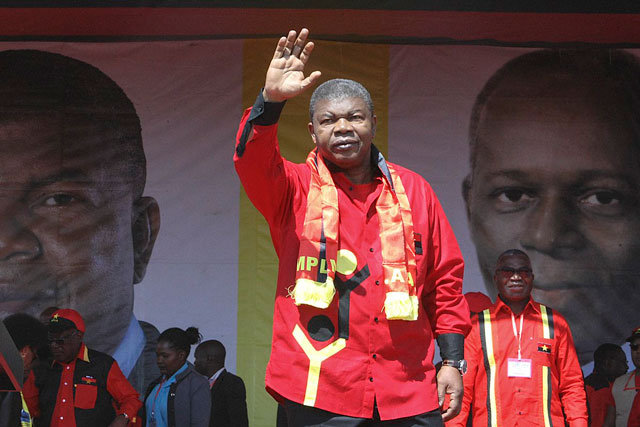
Luanda, Angola | AFP | Angola’s constitutional court on Wednesday upheld the ruling party’s landslide win in last month’s election which will usher in the MPLA’s fourth decade in power and rejected opposition claims the poll was flawed.
The ruling Popular Movement for the Liberation of Angola won 61.7 percent of the vote, and 150 of the 220 seats in parliament, the country’s electoral commission said in its final results.
President Jose Eduardo Dos Santos, 75, who has ruled since 1979 and is reportedly in poor health, will hand over to former defence minister Joao Lourenco at the presidential inauguration expected on September 21.
“Local vote counting was done in accordance with the law and planned processes,” the court said in its ruling.
Court president Rui Ferreira said the decision was binding and would not be open to appeal, adding that the poll was free, fair and transparent.
Four opposition parties had appealed the result.
Leading opposition party the National Union for the Total Independence of Angola (UNITA) won 26.67 percent of the vote and 51 MPs, while the Casa-CE party scored 9.54 percent and secured 16 seats in parliament.
The remaining three seats were shared by the FNLA and PNS.
UNITA spokesman Alcides Sakala said that his party’s parliamentarians would not take their seats in the new national assembly to protest the court’s decision.
Claims of voting irregularities have been dismissed by incoming president Lourenco, who accused the opposition of “spoiling the people’s party”.
“These political groups, by protesting in their own interests against these so-called procedural irregularities, have violated electoral laws,” he said previously.
The MPLA had predicted it would win easily, but the result showed a decline in support from the 2012 election.
Human Rights Watch Southern Africa has urged the incoming president to “urgently implement much-needed human rights reforms” in the oil-producing country, which suffered years of civil war that ended in 2002.
The country of 28.8 million is battling high poverty levels and has suffered from a slump in crude prices in recent years.
 The Independent Uganda: You get the Truth we Pay the Price
The Independent Uganda: You get the Truth we Pay the Price





